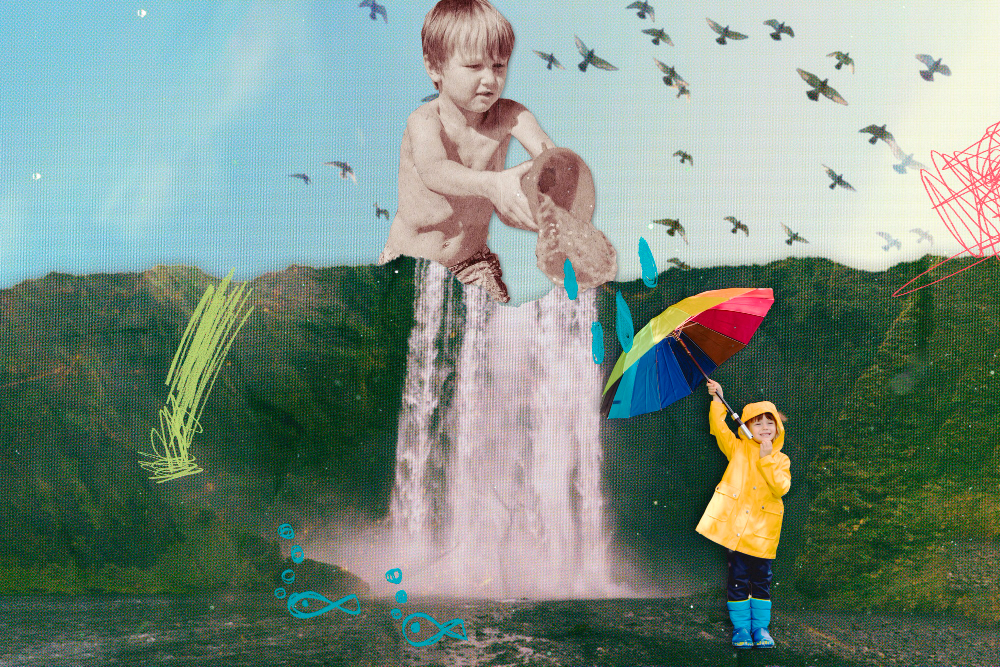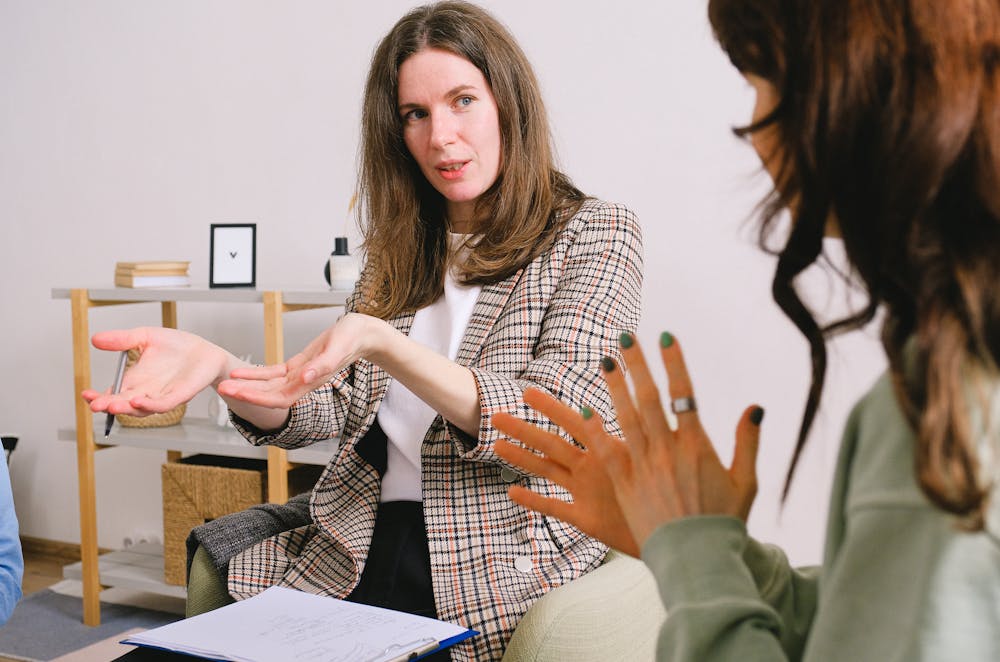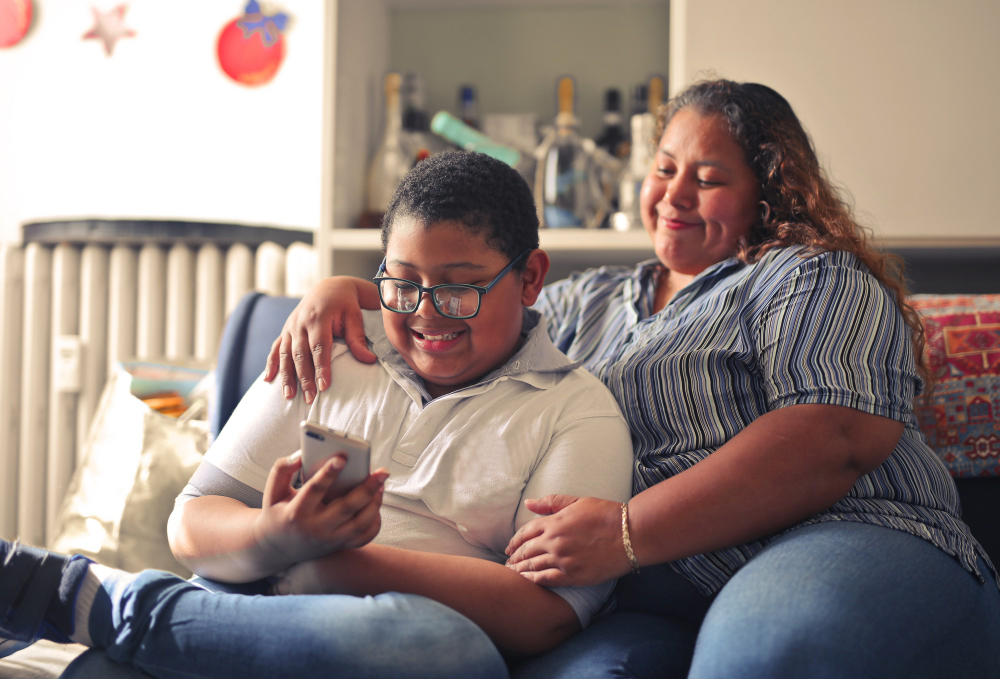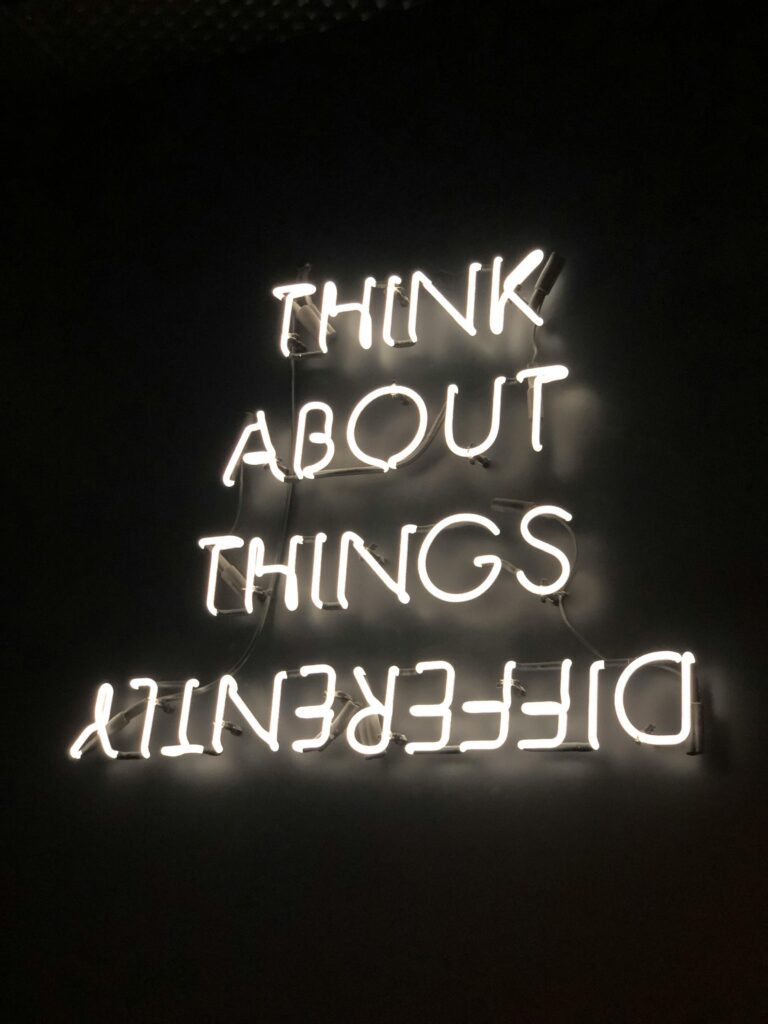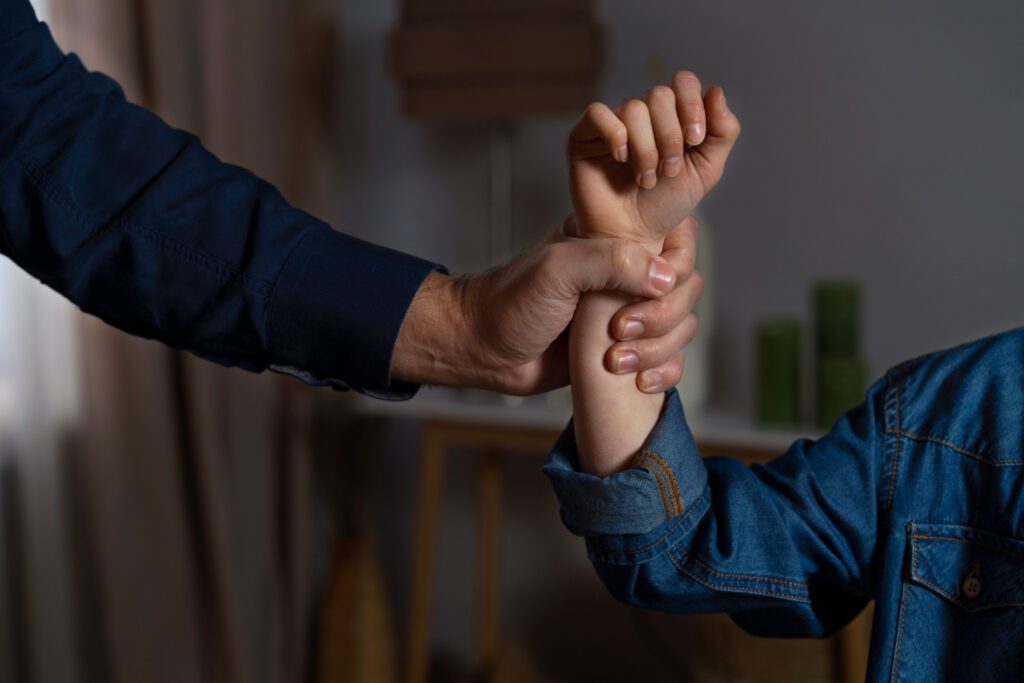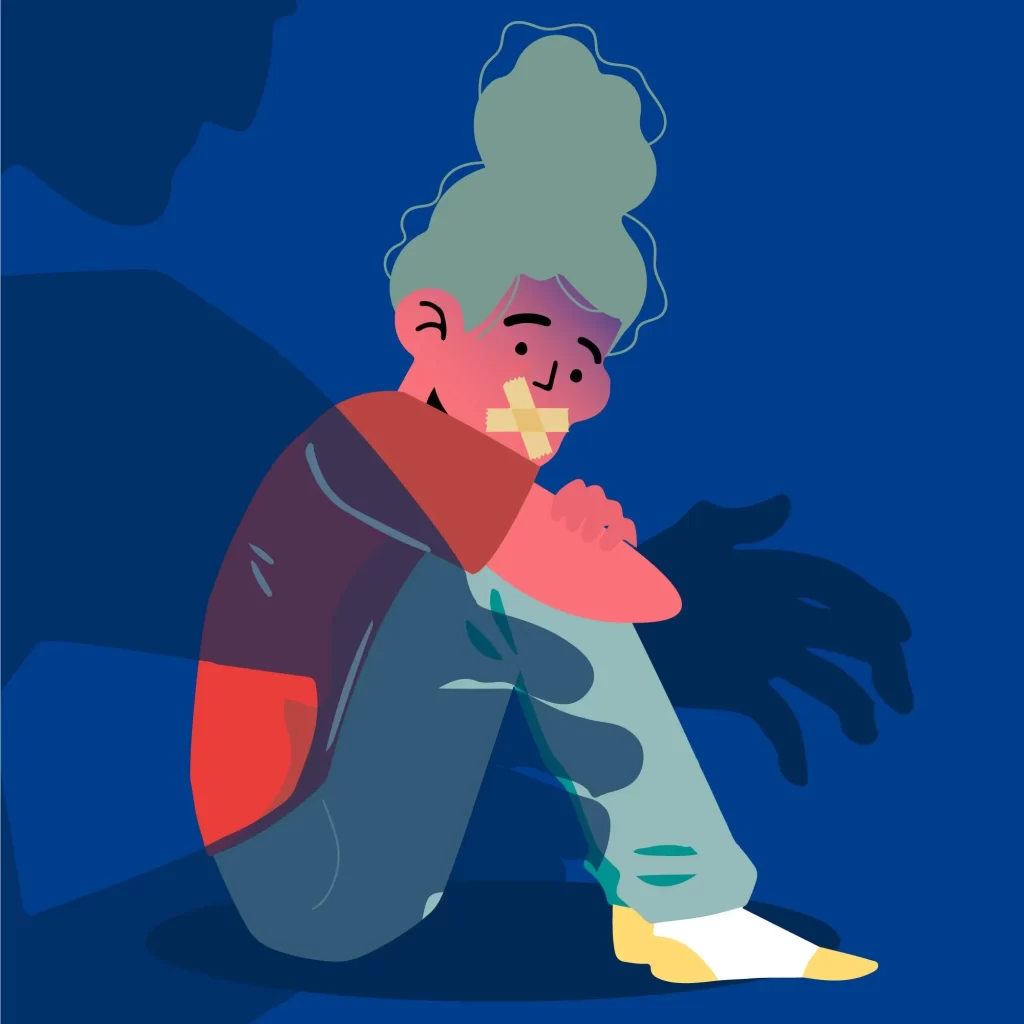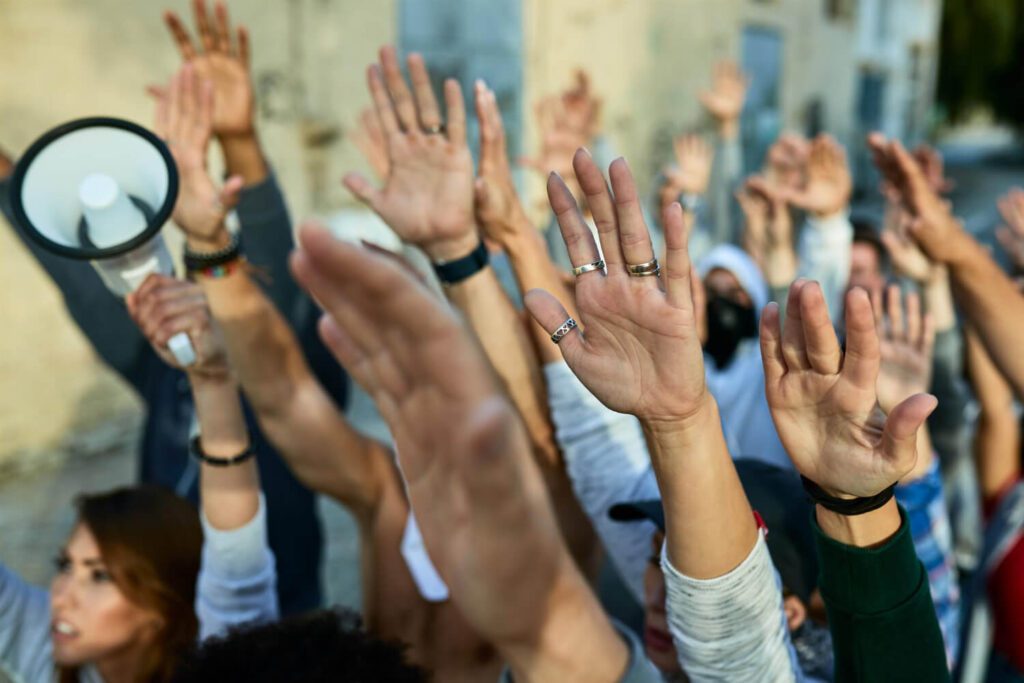
Performative empathy
Staff show apparent care in meetings or emails without committing to change. “We really care about your child” is used as a buffer against critical examination.
-
On far gone conclusions and participating in a school district’s accessibility committee
You called it collaboration. We recognised the smell of extraction. The invitation: dressed in equity, padded with keywords You summoned us to assist. You issued invitations laced with keywords—barriers, co-design, lived experience, equity—an enticing academic dialect for what turned out to be unpaid policy laundering in a branded container. You framed it as collaboration, spoke…
-
Barriers in the process mirror the barriers we named
We gathered to name the obstacles—but the process itself became one of them. The same systems that silence us replicated themselves in real time, even as we tried to describe their harm. The process was a case study in itself We were invited into a session to name the barriers we faced—attitudinal, structural, policy, communicational,…
-
What collaboration really means
You cannot ask for collaboration after the structure has been built. If the goals are fixed, the roles already assigned, the rules already written, then what you are offering is participation. Not partnership. Participation is not collaboration Too often, institutions conflate involvement with influence, as though inviting someone into a process late—after the budget is…
-
Introductions are an access issue
Every structure carries weight. And when you ask us to begin with a name and a smile, but offer no container for safety, you are asking us to choose between authenticity and self-preservation. What seems simple is often a site of harm For people whose presence in institutional space is routine and unremarkable—those whose titles…
-
Don’t wait until the lawsuits
By the time harm becomes legally actionable, it has already become unbearable. If people are still talking to you, they are still hoping you will change. Institutions often ask the wrong question When institutions receive stories of harm—when a parent names systemic exclusion, or a student speaks quietly of despair, or a staff member shares…
-
I am just me: What it costs to show up
If I could have walked away from this institution, I would have—but I couldn’t, and so I came, and the price of showing up was almost everything I had left to give. Showing up is not the beginning—it is the aftermath By the time I appear on your committee call or log into your engagement…
-
Ego has no place in accessibility
This work requires transformation, not performance. Your legacy is not what you protected. Your legacy is what you changed when you were told it was failing. Leave your laurels at the door Accessibility work is not about legacy preservation. It is not about titles or tenure or whether your department once won an innovation award…
-
We must start with an acknowledgement of harm
Before we talk about solutions, or even feelings, we must name what has been done. We begin in the wreckage When an institution convenes a committee to explore accessibility, equity, inclusion, or anything vaguely shaped like justice, it often opens with a bright, empty cheerfulness—a blurb about building community, a land acknowledgement read like punctuation,…
-
Too competent to help, too angry to believe
The impossible performance of grace in systems that harm our children. Holding two pieces in tension This essay is written alongside a truth that cannot be softened. A truth that spills out, unsanitized, unmanageable, and fully lived. A truth that takes the form of intrusive thoughts, violent imagery, desperate poise, and carefully practiced restraint. That…
-
How do you live with yourself
Part of my neurodivergence is fatalism; part of it is hyperphantasia; part of it is the inability to look out at a beautiful landscape without imagining loss, rupture, and death, because even as a small child on the ferry to Victoria, while other people were looking out over the water and the mountains and the…
-
$10K and an NDA
Would 10K and an NDA make the most excellent name for a country song? I didn’t file a Freedom of Information request to stir conflict — I filed it because nothing made sense, and I needed a clue, any thread at all, to understand what had just happened to my family. I call FOIs the…
-
The path to justice: legal versus public record
The courts may offer compensation, but rarely truth. The legal path demands silence in exchange for settlement. The public path asks you to speak while you’re still bleeding. Neither is easy. But only one builds a record that helps the next family survive.
-
Grace and the weight of a meeting
I felt so hopeless in that meeting. Underneath all the patronising words and well-meaning smiles, I could feel the same machinery at work—the one that asks disabled children to be gracious in the face of dismissal, polite in the face of erasure, composed in the face of harm. “We’d ask if Jeannie could show a…
-
A landmark case for educational justice in BC
The May 2025 decision from the BC Human Rights Tribunal in Parent obo Student v. BC Ministry of Education and another, 2025 BCHRT 112 carries profound implications for families fighting systemic discrimination in education—particularly those challenging collective punishment, exclusion, and partial-day attendance programs imposed on disabled students. While the complaint against the Ministry was dismissed, the Tribunal…
-
Rethinking accessibility leadership, training, and labour in BC public education
In accessibility work, most transformative insights come directly from disabled people. Lived experience is primary data; manuals and metrics are, at best, secondary literature. In schools, teachers are experts in pedagogy, yet few are trained in disability or neurodivergence. That absence is not incidental—it is engineered, and the consequences are everywhere. The current failure—and promise—of…
-
Barriers in the Vancouver school system: a parent’s perspective
For families raising neurodivergent children, navigating the school system can feel like surviving a labyrinth built to exhaust you. What should be a place of growth becomes a terrain of harm and dismissal. Beneath the polished language of equity and inclusion lies a set of invisible barricades—attitudinal, communicative, spatial, systemic, and technological—that quietly erode trust…
-
“Urgent: Third Request” — what to do when schools ignore your emails
You write the email. You name the problem. You describe, in detail, what your child is experiencing and what they need to be able to participate. You’re respectful, clear, and solution-focused. And then—you wait. For many families, especially those raising disabled or neurodivergent children, this scenario is far too familiar. The moment you speak up—especially…
-
Protecting children’s dignity and safety in a broken system
We should be able to expect a system where no child sits in wet clothes all day, and no child is changed alone by a single staff member behind closed doors. These are basic, non-negotiable standards for dignity and safety, not optional aspirations. While we can all acknowledge that the system is under immense strain,…
-
Nova Scotia bans collective punishment
Nova Scotia’s Provincial School Code of Conduct Policy underwent a significant update in April 2025, marking a substantial revision of the previous 2015 policy. The updated policy, set to take effect in September 2025, introduces clearer definitions of unacceptable behaviours, delineates new responsibilities for all school community members, and emphasises support for those affected by…
-
Lawyers over learning: how much is VSB paying Harris & Co
As a parent of two children with learning challenges, I found myself deep in the Vancouver School Board’s appeals process. Early on, I heard officials say our children would be supported with “inclusive” classroom resources. In reality, every step felt like an uphill battle. For example, during our Level 1 appeal meeting the board’s own summary…


